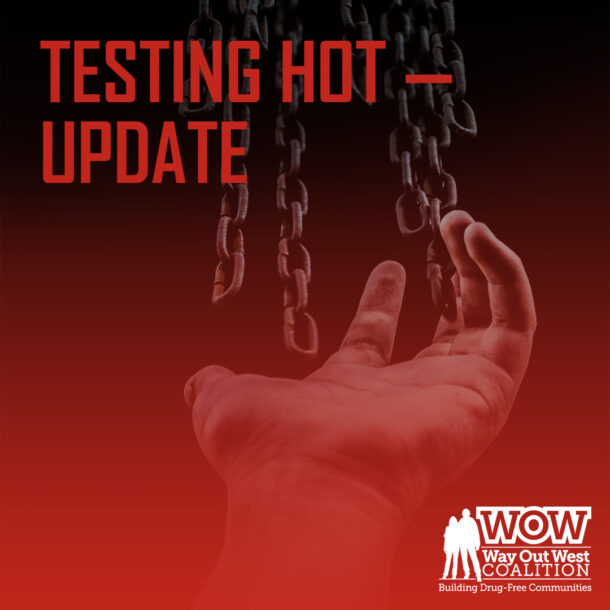Last January, I published an article written shortly after getting off the phone with a mother whose twenty-five-year-old son had tested “hot” for opioids. This mom was beginning to lose hope because he had been admitted into drug treatment centers multiple times. She was now wondering if she would become part of an exclusive club whose members have lost a son, daughter, or another loved one opioid and heroin addiction resulting in death, usually by overdose.
The Update: He was admitted into a drug treatment center for his substance use disorder and released to a sober living facility. Found suitable employment within walking distance of his residence, received a steady paycheck, and was saving money for a car and insurance. Fast-forward 7 months and BAM! He tested positive for opioid use…again. Now, kicked out of sober living, his situation continues to deteriorate. He currently lives in a high-risk neighborhood and continues to show signs of continued use—all the gains made over the past seven months gone in an instant.
I see this same scenario play out countless times. Not only with opioids and heroin, but other substances such as meth, cocaine, marijuana, and alcohol. Most find it mind-boggling. Why would someone who had turned their life in a positive direction choose to use drugs again? One could ask that person numerous questions and keep asking why, but that would only pile more shame, blame, and guilt on the individual. I guarantee you a person already knows they have a problem, and they will continue to beat themselves up mentally, emotionally, spiritually, and physically.
I spoke to the person by phone and realized the addiction still had a firm grip on his thinking.
As an addictions counselor and person who has lived a program of recovery for more than thirty-five years, I see addiction as a living, breathing entity that does not want to die. It will do anything to survive and keep someone you love, trapped in the cycle of addiction. Understanding this is key to preventing Relapse and breaking the cycle of addiction. Working a program of recovery is how someone with a substance use disorder can kill the addiction.
Here are a few take-aways I have discovered over the years:
- I have yet to meet anyone who planned on becoming addicted.
- No one has immunity. Addiction knows no boundaries. Doesn’t care about skin color, how much money you have or don’t have, or what part of town you live.
- Once a person is detoxed (no physical withdrawal symptoms or physical cravings to use alcohol or drugs), they are no longer physically addicted. From this point on, they suffer from what is known as mental obsession (much of which is unconscious).
- People relapse due to mental obsession; this is why it is vital to work what we call a program of recovery. It has nothing to do with one’s will power.
- Substance Use Disorder impacts the whole family. Educate yourself about Substance Use Disorder.
- In the early stages, recovery will take priority over everything else.
- The first step is admitting that I have a problem. It is a decision, a decision where the knowledge of the mind becomes the knowledge of the heart. That inner knowing begins your journey of inner freedom.

If you or someone you or someone you know is ready to take that first step to rid themselves of the nightmare of SUD (Substance Use Disorder), there is a lifeline listed below. Reach out. Make the call. Years ago, when I reached out, I discovered they were expecting me. I just had to get out of my own way.
To seek help, go to www.findtreatment.gov
A word about Relapse:
Relapse happens more often than not. Relapse is sneaky. One may get up in the morning with no intention of using and through the (activities) the day find themselves in a situation where the next thing you know, you have relapsed. Many will rationalize the situation they are in, thinking, “well, just one time won’t hurt.” That one time sets off the mental obsession and that one-use kicks in the craving once again. Most will make up for lost time, making them susceptible to unintentional overdosing. With the proper tools and support, the mental obsession substantially decreases and becomes a fleeting thought.
Social isolation is the enemy because the addiction has an inner voice that may be around for a long time after one becomes sober or drug-free. For me, it was years. Occasionally it still tries to speak, but that voice is quickly extinguished by my unwellness to give up all that I have gained by being drug and alcohol-free.
The WOW Coalition is a prevention association that promotes safe and healthy choices and responds to problems caused by alcohol, marijuana and Rx abuse by implementing strategies to prevent and reduce youth substance use. For additional information visit wowcoalition.org or contact at (623) 208-3230 or email: larry.tracey@wowcoalition.org.

